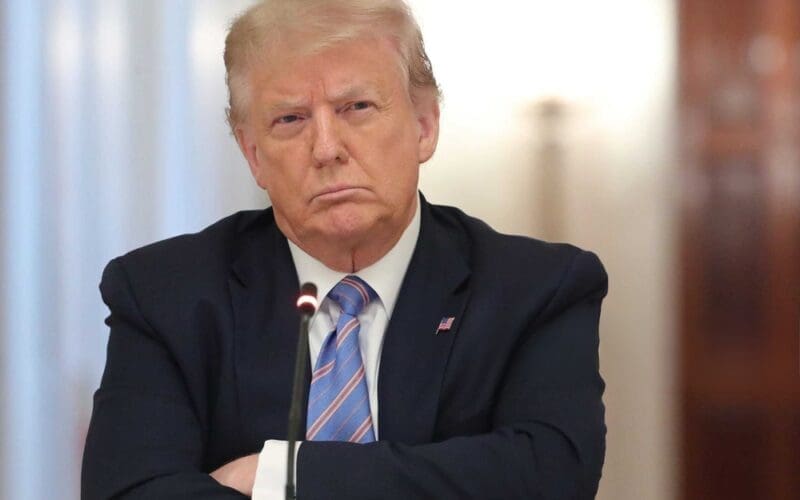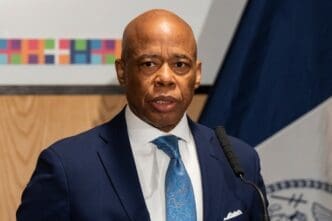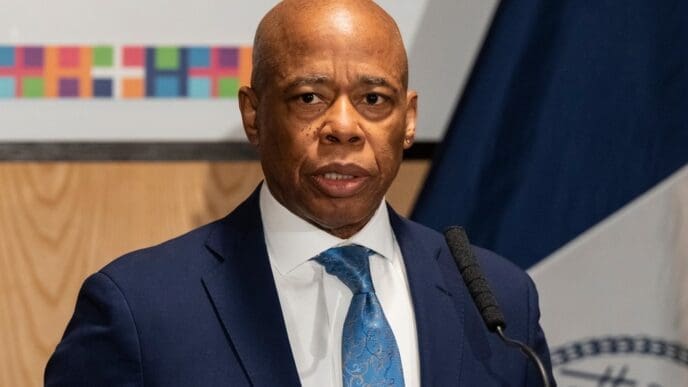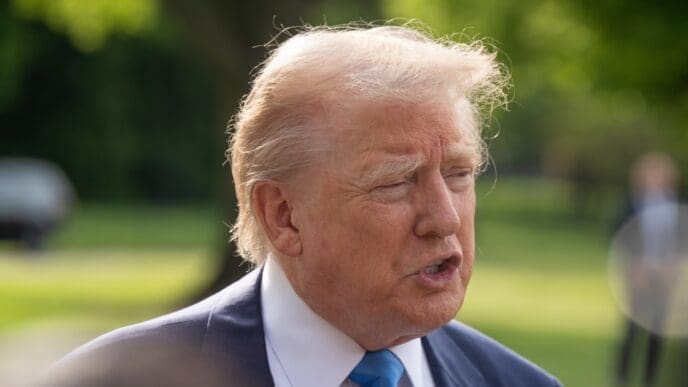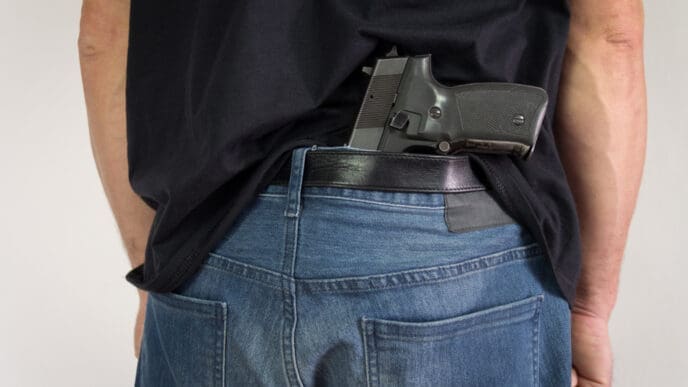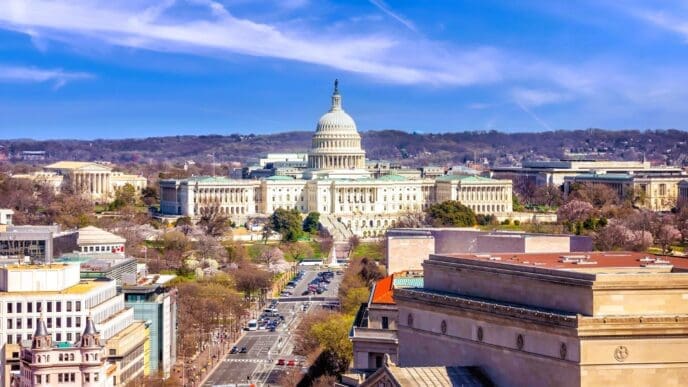President-elect Donald Trump’s search for a new FBI director is encountering obstacles, as he seeks a candidate who can navigate confirmation and satisfy his political base.
Reports indicate that Mike Rogers, a former FBI special agent and Michigan Representative, was initially considered a top contender for the director position. However, Trump’s circles received significant backlash, both publicly and privately, against this prospect. By Friday morning, Dan Scavino, Trump’s incoming deputy chief of staff, emphasized that Rogers’ appointment was never truly on the table, quoting President Trump as saying, “I have never even given it a thought. Not happening.”
The controversy surrounding Rogers underscores Trump’s dilemma in finding a replacement for FBI Director Christopher Wray, whom he appointed in 2017 but has since vowed to dismiss. Trump needs a nominee who is acceptable to Senate Republicans, thereby facilitating confirmation, and also someone who would support his agenda of insulating him from investigations and restructuring the FBI. This search comes in the wake of Matt Gaetz’s decision to withdraw from consideration for Attorney General due to a lack of GOP backing. Although Trump’s choice of former Florida Attorney General Pam Bondi wasn’t rejected, some allies felt she lacked Gaetz’s aggressive drive to overhaul the Justice Department.
Among the names being considered for the FBI director role is Kash Patel, known for his right-wing affiliations and previous service as an adviser on the National Security Council during Trump’s first term. High-profile Trump allies, like Steve Bannon and Charlie Kirk, have expressed their support for Patel. Other candidates mentioned include former St. Louis U.S. Attorney Jeff Jensen and former Utah Representative Jason Chaffetz. There is also speculation about choosing a more easily confirmable candidate for the director role and positioning a loyalist like Patel in the deputy director position, traditionally filled by a career agent rather than a political appointee.
The very discussion of dismissing Wray, who still has three years left in his tenure, illustrates Trump’s willingness to challenge established norms. The role of FBI director was made a 10-year appointment by Congress following Watergate to protect it from political influence. Rogers, who was seen at Mar-a-Lago after losing a Michigan Senate race, was favored by some GOP senators for his ease of confirmation and relevant experience. However, his potential nomination faced a concerted campaign against it, further intensified after former FBI Deputy Director Andrew McCabe endorsed Rogers on CNN, calling him a “totally reasonable, logical selection.” Criticism from Trump’s right-wing backers was swift, with figures like Jack Posobiec mocking McCabe’s endorsement on Steve Bannon’s podcast.
As Rogers faced criticism, including reminders of his past comments against Trump, the transition team received these details, prompting Scavino to inform Trump. Following this, Trump authorized a tweet dismissing Rogers as a candidate for the FBI director role. Although Rogers did not comment, Scavino’s tweet seemed to affirm Trump’s decision, according to sources familiar with the process.
The search for a new FBI director continues to be a balancing act for Trump, as he seeks a candidate who can align with his administration’s goals while being approved by the Senate. This process highlights the ongoing tension between political loyalty and the procedural demands of federal appointments.
Source: CNN




